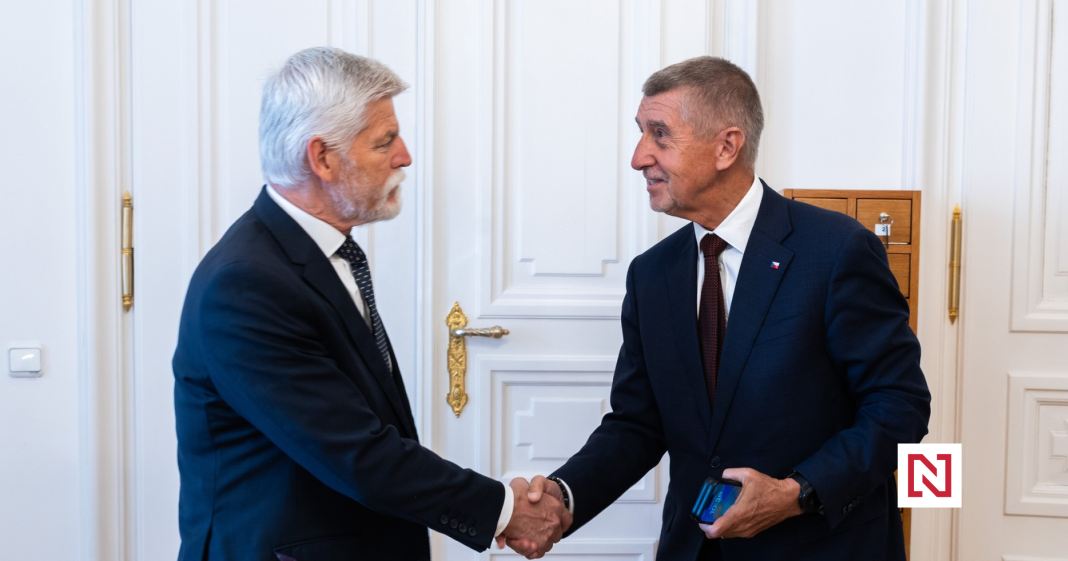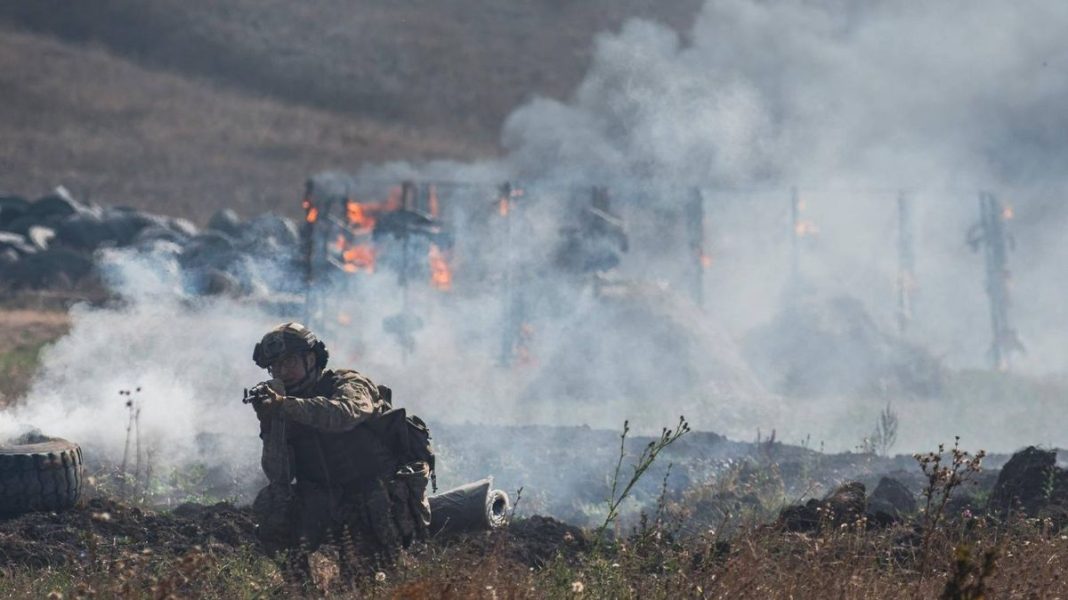In the rapidly evolving political landscape of the Czech Republic, a burgeoning conflict between President Petr Pavel and former Prime Minister Andrej Babiš appears to be on the horizon. This potential dispute could reshape political alliances and have profound implications for Czech governance.
The Roots of the Potential Conflict

The discord between President Petr Pavel and Andrej Babiš has been simmering since the former’s election. Pavel, a retired general, became president with a platform focused on truth, integrity, and a pro-European Union stance. In contrast, Babiš, leader of ANO 2011, has often positioned himself against the political establishment, boasting a blend of populist policies and business acumen.
Despite their differences, recent tensions have emerged surrounding policy directions and administrative decisions. President Pavel’s insistence on transparency and reform clashes with Babiš’s more pragmatic and sometimes controversial methods. This friction underscores broader ideological divides that could disrupt political harmony in Czechia.
Recent Developments

Recent public statements and political moves have highlighted these tensions. President Pavel has been vocal about addressing corruption and strengthening democratic institutions, which implicitly critiques the practices during Babiš’s tenure as prime minister. Simultaneously, Babiš continues to leverage his influence through his media conglomerate and partisan support, positioning himself as a counterweight to Pavel’s presidency.
This political dance is playing out amid significant challenges—economic recovery post-COVID-19 and tensions between EU policies and national interests, forcing both leaders to navigate this complex matrix carefully.
Implications for Czech Politics

The implications of this potential conflict are significant. Should tensions escalate, it could lead to a recalibration of power dynamics within the Czech political sphere. Pavel’s presidency may push for coalition alignments that reduce Babiš’s influence, while Babiš could rally support to challenge the existing political order.
Both leaders’ handling of this conflict will likely influence public opinion dramatically. Pavel’s diplomatic and open approach contrasts with Babiš’s more combative style, and their ongoing rivalry will be a litmus test for broader political reform and stability in the country.
The Broader European Context

This internal tension is not isolated. It is reflective of a broader European trend where populism frequently clashes with traditional democratic ideals. As Czechia asserts its role within the EU, the standoff between Pavel and Babiš could influence its international standing and policymaking prowess.
Czechia’s allies and neighbors are watching closely, as the resolution or escalation of this conflict may offer insights into the future trajectory of regional political movements and governance models.
In conclusion, the evolving dynamics between President Petr Pavel and Andrej Babiš highlight a crucial juncture for Czech politics. As the nation grapples with both internal and external challenges, the outcome of this political rivalry will be pivotal in shaping Czechia’s future governance and global role.





